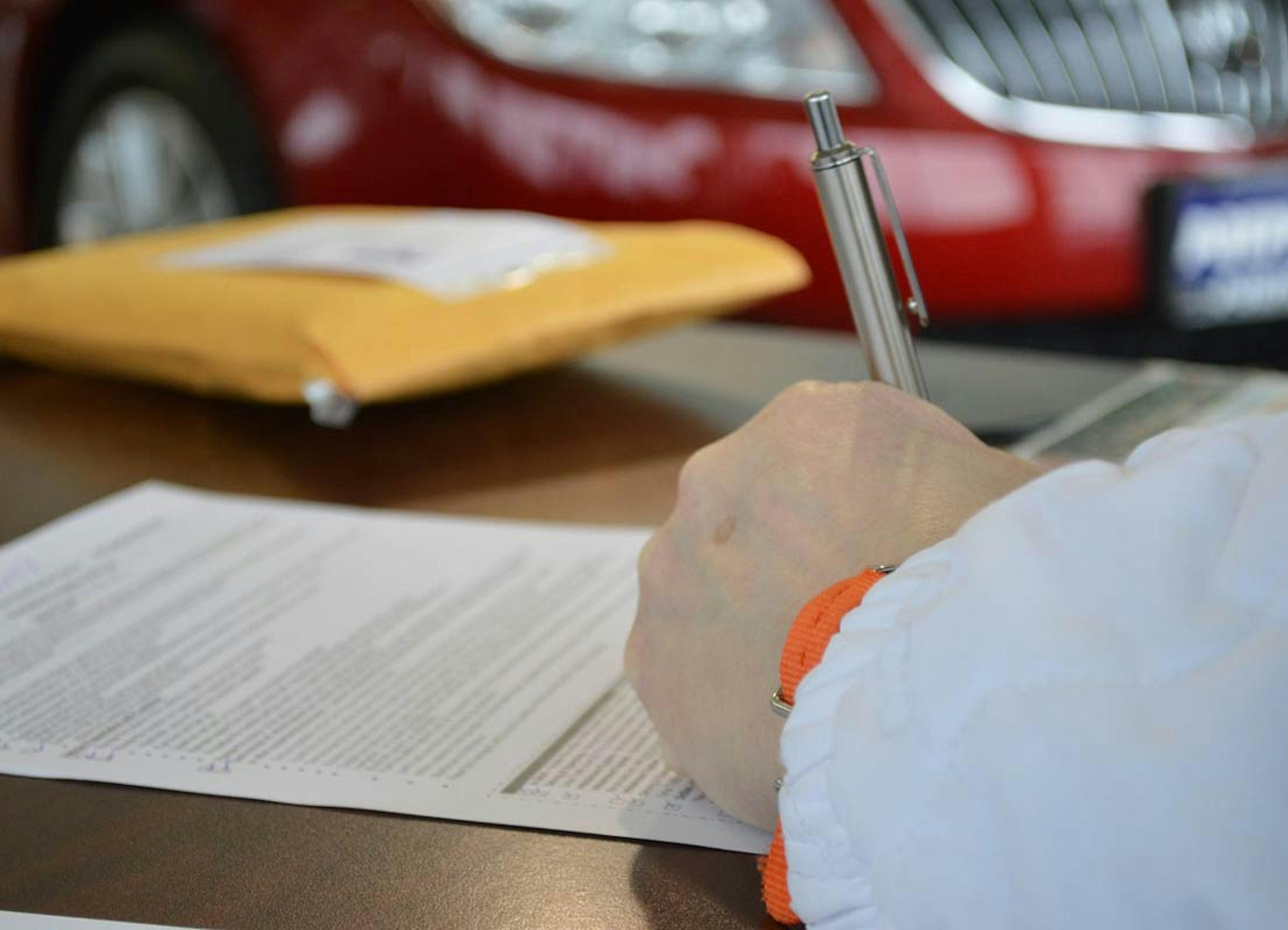Was your small business loan application turned down by a traditional bank? You may qualify for a loan backed by the Small Business Administration, a federal agency that helps entrepreneurs get off the ground. One way the SBA supports entrepreneurs is by partnering with traditional lenders to share the financial risk of making loans. If you’re a small business owner, an SBA loan may be a great fit. We’ll go over how SBA loans work, who should apply for them, and the application process itself. The SBA doesn’t lend money directly to a business. Instead, it guarantees part of a traditional loan, encouraging lenders to extend credit to businesses that they otherwise wouldn’t consider. the agency’s goal is to support emerging companies until they can qualify for regular loans on their own. Some smaller SBA loans require SBA-supplied business training to sharpen owners’ skills and boost the odds that their businesses will survive. There are two main types of SBA loans: the 7a and 504.
SBA 7a and 504 loans explained
SBA 7a loans help entrepreneurs and growing business owners to fund startup costs, purchase or expand an existing business, refinance debt, pay for repairs, and more. They can be either variable or fixed-rate loans, depending on the lender’s terms. 7a loans can be as high as $5 million, though the average loan is just $370,000. The maximum loan term is 10 years for equipment and 25 for real estate, but can be lowered based on the borrower’s ability to repay. SBA 504 loans can be used to pay for big commercial real estate projects such as an office building or warehouse, or to buy long-term machinery or equipment. This fixed-rate loan’s term can extend as long as 20 years for real estate financing, can be as large as $5 million, and requires a down payment of at least 10%. The SBA works with nonprofit community development corporations, or CDCs, to coordinate 504 loans because it expects a business borrower to create or retain one job for every $65,000 of the loan the government guarantees. The SBA guarantee will apply to 40% of the cost of the project, up to $5 million. The CDC will work with your small business to get a traditional bank loan to cover 50% of the project price. How is an SBA loan different from a regular bank loan?
SBA loan terms
Along with more forgiving lending criteria, an SBA loan typically has more flexible terms than a regular bank loan. Your down payment may be lower, and you might have a longer loan term, meaning that your monthly payments will be smaller. That’s good for cash flow, although you will be paying interest over a longer period of time.
Interest rates and fees
7a loans can be fixed or variable, depending on the lender’s offers, but 504 loans are fixed. The SBA sets a maximum interest rate that lenders can charge. For example, a fixed-rate loan of $50,000 or less and a maturity of under seven years can charge at most the base rate (a predetermined benchmark such as the prime rate or LIBOR) plus 2.25%. The SBA also restricts how much lenders can charge for prepayment penalties or other fees.
What happens if I default on an SBA loan?
Increasingly, even for regular business loans, banks are asking business owners to personally guarantee all or part of the loans. Some borrowers incorrectly think that an SBA-guaranteed loan means that the SBA will repay the bank if they default, and their personal guarantee would only be tapped after the SBA’s, which is typically for 75% to 90% of a loan. However, even though an SBA loan is essentially government-subsidized, the SBA won’t protect you if you default on your loan. Anything that you’ve put up as collateral against the loan – whether it’s business assets, vehicles, or your house – can be seized by the lender before it taps into the SBA guarantee. The SBA is the last line of defense; your collateral is the first.
Can and should I apply for an SBA loan?
You may be eligible for an SBA loan if:
You didn’t qualify for a traditional bank loan
If you were denied a bank loan – whether because you haven’t been around long enough to have 3-5 year records, you don’t have the right kind of collateral, or you have too much debt already – an SBA loan can be a solid alternative. As long as your credit is decent and your business has a clear path to increasing profitability, you have a shot at getting an SBA loan.
You’re purchasing assets that can be used as loan collateral
If the money will be used to buy assets that can be used as collateral for another loan, including equipment, fixtures, or commercial real estate, an SBA loan might be a good bridge option.
You meet the SBA’s small business criteria
Your small business has to fall into certain size and revenue ranges to qualify for an SBA loan. Eligibility varies by industry: for example, a solar electric power generation company is eligible if it has at most 250 employees, while a distillery is eligible up to 1,000 employees. An art gallery or architectural firm can’t have more than $7.5 million in average annual revenue, for example, but an industrial laundromat can qualify with up to $38.5 million in revenue. (Here’s the SBA’s eligibility table.) There are also restrictions based on funding availability. If you have access to other resources, like your personal assets or a traditional bank loan, you won’t be eligible. You’ll also have to show that you tried to use those resources before turning to the SBA. Since the SBA’s goal is to support American businesses and jobs, you must do business in the US or its territories. Finally, to be eligible for a 504 loan, your small business has to have a net worth of less than $15 million and average net income of less than $5 million, after taxes, over the previous two years.
Where can I apply for an SBA loan?
You can apply for a loan through any bank or community development corporation authorized by the SBA. Wells Fargo makes the most SBA loans in both number and dollar value, with 6,587 loans totaling $1.4 billion in the SBA’s latest fiscal year. The bank’s average loan amount was $207,000. If you’re still in the exploratory stage, you can connect with local SBA-approved lenders through Linc, an online portal. It’s not a full application, but it’s a good start for deciding whether to apply for an SBA loan. SBA loans can provide the capital you need even if you can’t qualify for a traditional loan. Whether you’re looking to build or expand your business, you should at least consider the SBA as a source of funding.
Low-cost 401(k) with transparent pricing
Sign up for an affordable and easy-to-manage 401(k).

Article By
Cyndia ZwahlenCyndia Zwahlen, a former small-business columnist for the Los Angeles Times, is a freelance business writer and editor for media, academic and business clients. She founded the Small Biz Mix blog.



